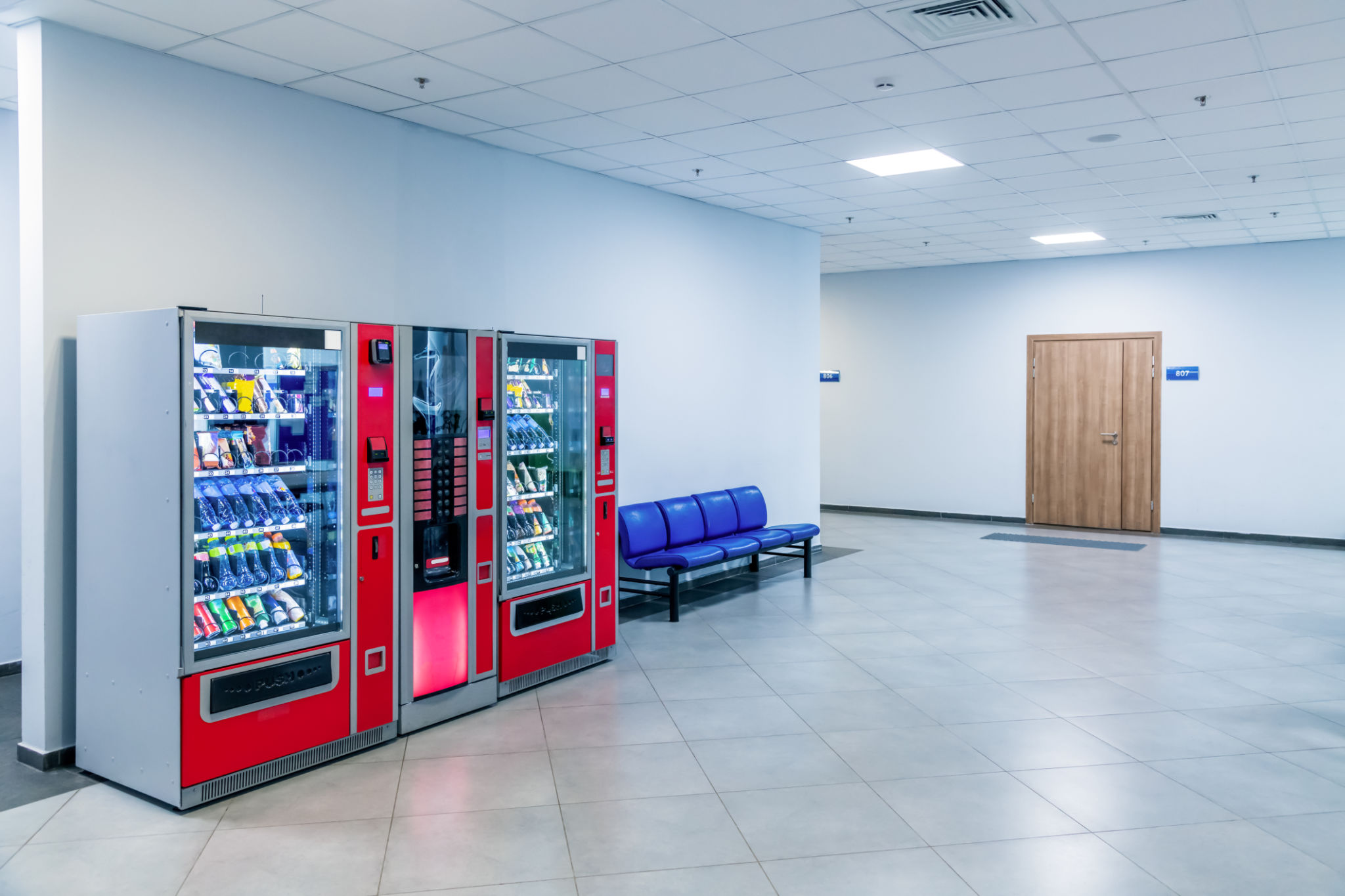Case Study: Successful Implementation of Snack Vending Machines in Boston Offices
Introduction to the Project
In recent years, companies have been exploring ways to enhance employee satisfaction and productivity. One innovative approach has been the installation of snack vending machines in office spaces. This case study delves into the successful implementation of these machines in several Boston-based offices, highlighting the positive impacts they have had.
The project was initiated by a collaboration between local businesses and a leading vending machine provider. The goal was to offer convenient and diverse snack options to employees while also increasing workplace efficiency.

Planning and Strategy
A critical phase in the implementation was the planning and strategy development. The first step involved conducting a survey to understand the snack preferences of employees. This feedback was invaluable in selecting the right mix of products and ensuring that the vending machines catered to a wide range of tastes and dietary needs.
Furthermore, strategic placement of the vending machines was essential. Careful consideration was given to high-traffic areas such as break rooms and common workspaces to maximize accessibility and usage.
Selecting the Right Products
The selection process focused on offering a balance between healthy options and traditional favorites. The vending machines were stocked with a variety of snacks, including nutritious bars, fresh fruits, and classic chips, to provide something for everyone.

Implementation Process
Once the planning phase was complete, the next step involved the physical installation of the vending machines. This process was carried out over a weekend to minimize disruption to daily operations. The installation team ensured that each machine was fully operational before employees returned to work on Monday.
To encourage initial engagement, a promotional campaign was launched, offering discounts and incentives for the first month. This approach successfully piqued the interest of employees and increased early adoption rates.
Overcoming Challenges
Like any project, there were challenges to overcome. One issue was ensuring consistent restocking and maintenance of the machines to prevent any downtime. By establishing a dedicated support team, these challenges were swiftly addressed, ensuring seamless operation.

Results and Impact
The introduction of snack vending machines in Boston offices resulted in several positive outcomes. Employees reported increased satisfaction due to the convenient access to snacks during their workday. This convenience also translated into higher productivity levels as employees spent less time leaving the office for quick snacks.
Moreover, the availability of healthy options encouraged better eating habits among staff, contributing to overall well-being. Companies also noted an improvement in workplace morale and engagement.
Long-term Benefits
In addition to immediate benefits, the project laid a foundation for long-term advantages. By fostering a more pleasant work environment, companies saw a reduction in turnover rates and an increase in employee retention. Furthermore, the data collected from vending machine usage provided valuable insights into consumer preferences, allowing for continuous improvement of offerings.

Conclusion
The successful implementation of snack vending machines in Boston offices serves as a compelling example of how thoughtful initiatives can enhance workplace culture. By prioritizing employee needs and leveraging technology, businesses can create environments that support both productivity and satisfaction.
This case study highlights the importance of innovation in fostering positive workplace dynamics and underscores the potential for similar implementations in other cities and industries.
